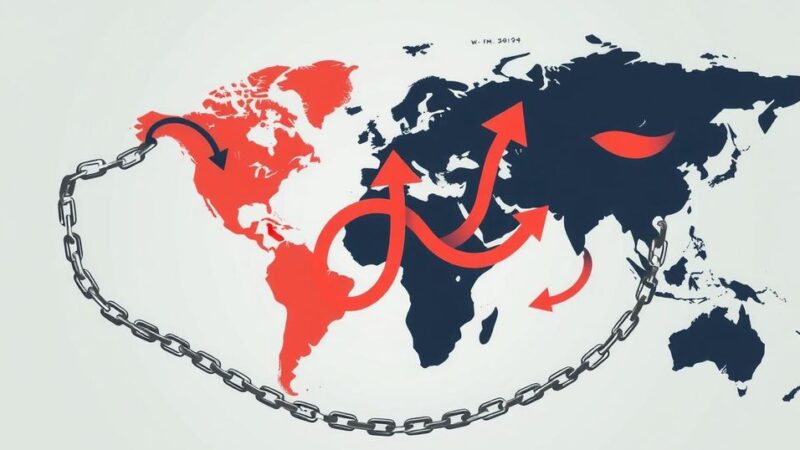Turkey has mediated a significant deal between Ethiopia and Somalia, allowing Ethiopia access to the Red Sea without undermining Somalia’s sovereignty. This new agreement invalidates an earlier deal with Somaliland that would have granted Ethiopia a naval base in exchange for recognizing Somaliland’s independence, thereby preserving Somalia’s territorial claims amidst regional disputes and tensions.
In a significant diplomatic initiative, Turkey has successfully mediated a deal between Ethiopia and Somalia, facilitating the former’s access to maritime routes via the Red Sea and the Indian Ocean. This agreement, known as the “Ankara Declaration,” aims to resolve longstanding disputes and avoid potential regional conflicts. Importantly, the new arrangement supersedes a previous accord between Ethiopia and Somaliland, which would have granted Ethiopia a naval base in exchange for Somaliland’s independence recognition, thereby preserving Somalia’s territorial integrity amidst regional tensions.
The implications of the Ankara Declaration for Somaliland are considerable, particularly as the region declared independence from Somalia in 1991 but has not been universally recognized. Somaliland’s earlier proposition to Ethiopia promised access to the Red Sea contingent upon its recognition as an independent state. Following the recent agreement, this offer’s relevance is called into question, especially since Somalia contested the January 2024 Memorandum of Understanding (MOU) between Somaliland and Ethiopia.
With the retraction of Ethiopia’s previous agreements with Somaliland, Somalia has expressed grave concerns over the challenge posed to its sovereignty, culminating in the expulsion of the Ethiopian ambassador in April. Turkey’s involvement has provided a diplomatic solution that grants Ethiopia maritime access without compromising Somalia’s sovereignty, navigating a delicate balance amidst complex local and regional conflicts.
The geopolitical dynamics of the Horn of Africa are characterized by longstanding territorial disputes and struggles for recognition among states. Ethiopia, with a significant population and political influence, has sought maritime access for trade and resource management amidst growing tensions with neighboring Somalia and the breakaway region of Somaliland. The historical claims of Somaliland for independence and the international community’s response to these assertions continue to shape the region’s complexities. The increasing involvement of external powers like Turkey also reflects the strategic importance of the Red Sea and its adjacent maritime routes among international stakeholders.
In conclusion, the Ankara Declaration represents a pivotal moment in East African diplomacy, aiming to ameliorate tensions between Ethiopia and Somalia. While facilitating Ethiopian access to critical maritime routes, the agreement strategically navigates the sensitive issue of Somaliland’s aspirations for independence. The changes in diplomatic ties highlight the intricate relationships in the region and the potential for further developments depending on the evolving political landscape.
Original Source: oilprice.com







